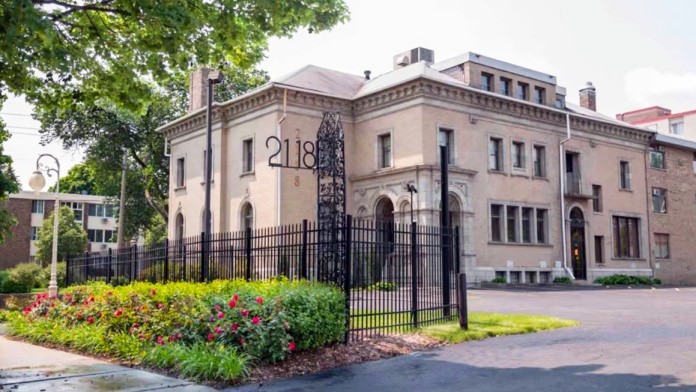The service is awful, the therapists do not understand the concept that they are in charge of listening and advising me in situations, it is not for me to judge.
About Regions Hospital – Mental Health Center
Regions Hospital Mental Health Center in Saint Paul, Minnesota provides you with mental health care that can include substance use disorder treatment in a partial hospitalization program.
They accept Medicaid, Medicare and most commercial insurance providers. You can access financial counseling as needed. Their staff can verify your insurance coverage and explain the benefits and limitations in your insurance policy.
Past patient feedback is generally positive with mixed reviews about wait times in emergency areas. They praise the compassionate staff and skilled treatment teams. Many appreciate the comprehensive services the treatment center offers and the clinician’s professionalism.
Inclusive Care for the LGBTQ+ Community
Regions Hospital Mental Health Center provides services to children, teens and adult patients who are struggling with mental health disorders. This may include substance misuse and personalized support for the LGBTQ+ community. Culturally sensitive care is a priority, and they also provide language support services.
Individualized CBT and DBT
Their multidisciplinary team of therapists, nurses and social workers collaborate to provide customized treatment plans to meet your needs. Your tailored treatment plan may include evidence based techniques like motivational interviewing, cognitive behavioral therapy (CBT) and dialectical behavior therapy (DBT). They also offer around the clock crisis intervention.
Convenient Regions Hospital System Services
I’m impressed by the convenience offered within the Regions Hospital system. The facility is modern with secure units and therapy rooms specifically designed for safety and privacy. There’s also an onsite pharmacy.
The facility is located in downtown Saint Paul, near the Minnesota State Capitol and the Mississippi River for outdoor recreation during breaks in treatment. Public transportation and community resources are easily accessible.
Facility Overview
Latest Reviews
Rehab Score
Gallery
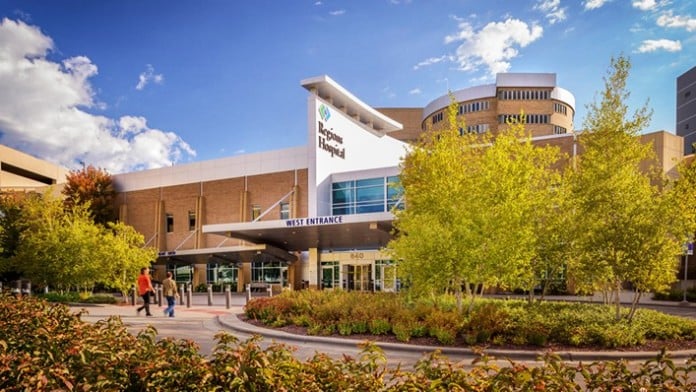
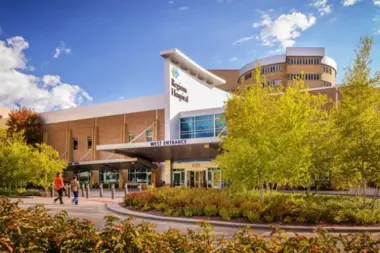
Other Forms of Payment
Private insurance refers to any kind of healthcare coverage that isn't from the state or federal government. This includes individual and family plans offered by an employer or purchased from the Insurance Marketplace. Every plan will have different requirements and out of pocket costs so be sure to get the full details before you start treatment.
Self-pay involves paying for treatment out of your own pocket. You can use savings or credit, get a personal loan, or receive help from family and friends to fund your treatment. If you don't have insurance or your insurance plan doesn't cover a specific program, self-pay can help ensure you still get the care you need.
Medicare is a federal program that provides health insurance for those 65 and older. It also serves people under 65 with chronic and disabling health challenges. To use Medicare for addiction treatment you need to find a program that accepts Medicare and is in network with your plan. Out of pocket costs and preauthorization requirements vary, so always check with your provider.
Medicaid is a state based program that helps lower-income individuals and families pay for healthcare. Medicaid covers addiction treatment so those enrolled can use their coverage to pay for rehab. When a program accepts Medicaid the client often pays very little or nothing out of their own pocket.
Military members, veterans, and eligible dependents have access to specific insurance programs that help them get the care they need. TRICARE and VA insurance can help you access low cost or no cost addiction and mental health treatment. Programs that accept military insurance often have targeted treatment focused on the unique challenges military members, veterans, and their families face.
Addiction Treatments
Levels of Care
Clients typically enter inpatient rehab after they complete detox. Inpatient care is also designed for clients who are experiencing a crisis and are at an increased risk of relapse. Clients reside at the treatment center for the duration of their program. Clients engage in intensive addiction counseling, often using CBT, DBT, RBT, motivational interviewing or other proven modalities. Many inpatient rehabs offer recovery-focused life skills training. Evidence-based complementary therapies, such as meditation and yoga, may be included.
When individuals first enter rehab, they may be malnourished due to substance use. They may also suffer from illness, organ damage, or other medical issues. 24-hour clinical care in Minnesota provides on-call staff who can monitor these conditions and provide appropriate treatment 24/7. This setting helps individuals who need substance use disorder treatment get the physical as well as psychological support they need.
Treatments
Mental health rehabs focus on helping individuals recover from mental illnesses like bipolar disorder, clinical depression, anxiety disorders, schizophrenia, and more. Mental health professionals at these facilities are trained to understand and treat mental health issues, both in individual and group settings.
Programs
Adult rehab programs include therapies tailored to each client's specific needs, goals, and recovery progress. They are tailored to the specific challenges adult clients may face, including family and work pressures and commitments. From inpatient and residential treatment to various levels of outpatient services, there are many options available. Some facilities also help adults work through co-occurring conditions, like anxiety, that can accompany addiction.
Clinical Services
Group therapy is any therapeutic work that happens in a group (not one-on-one). There are a number of different group therapy modalities, including support groups, experiential therapy, psycho-education, and more. Group therapy involves treatment as well as processing interaction between group members.
Trauma therapy addresses traumatic incidents from a client's past that are likely affecting their present-day experience. Trauma is often one of the primary triggers and potential causes of addiction, and can stem from child sexual abuse, domestic violence, having a parent with a mental illness, losing one or both parents at a young age, teenage or adult sexual assault, or any number of other factors. The purpose of trauma therapy is to allow a patient to process trauma and move through and past it, with the help of trained and compassionate mental health professionals.
For a successful recovery, life skills training is key. That's why rehab programs in Minnesota include training in social skills, self care, time management, financial management, and other daily life skills. By growing in these areas, you'll gain tools that allow you to navigate challenges and avoid relapse.
Recreational therapy supports addiction recovery by giving you enjoyable activities that improve your overall well being. Treatment centers may include team sports, arts and crafts, or outdoor activities to help reduce your cravings, alleviate stress, and build a supportive community network that helps maintain long term sobriety.
Staff

Emily Blomberg
President
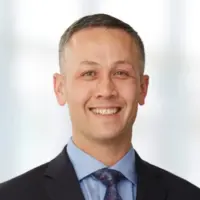
John Clark
VP of Finance

Tony Grundhauser
VP of Regions Hospital Foundation
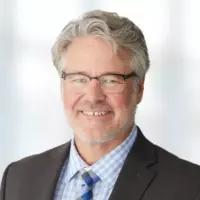
Bret Haake, MD
VP of Medical Affairs & Chief Medical Officer
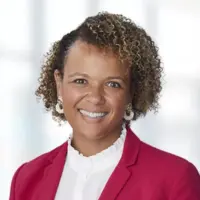
Rochelle Johnson
VP Patient Care Services & Chief Nursing Officer

Hilary Radtke
Sr. Director of Quality, Performance Improvement and Accreditation
Contact Information
640 Jackson St
Saint Paul, MN 55101


